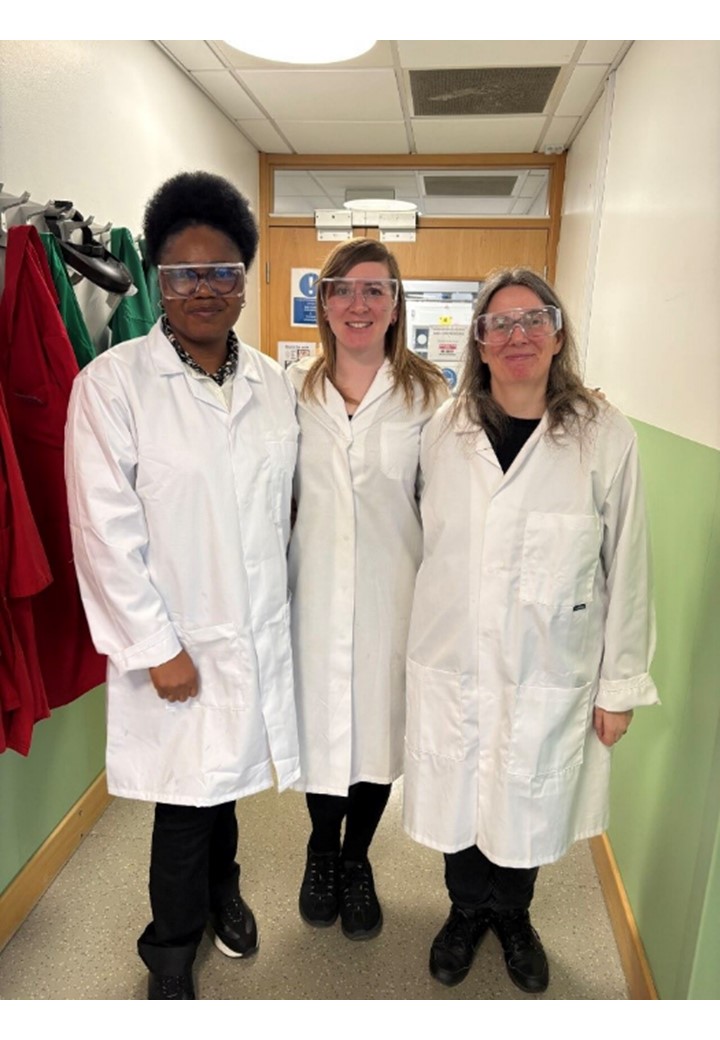A team of researchers at the University of Nottingham have developed new AI tools to encourage chemists and chemical engineers to make their processes more sustainable.
The team, led by Professor Jonathan Hirst, a Royal Academy of Engineering Chair in Emerging Technologies, has enhanced a well-known AI algorithm in order to improve predictions of retrosynthesis, a framework which chemists use to figure out how best to make molecules from readily accessible starting materials. Their research has been published this week in the Journal of Chemical Information and Modelling.
The method is also accessible via the open-source AI4Green electronic lab notebook, available at https://ai4green.app.
Chemical processes are vital in the invention of new molecules and materials to drive innovation across a range of industries - from creating new effective drug treatments to new batteries to provide sustainable energy. However, these processes can be toxic and damaging to the environment and it's vital that chemists find new ways to work to be more sustainable. AI is providing solutions to this that can be shared easily and we hope that anyone working in the field of chemistry will use this new framework.
A new interactive machine learning approach, also published by the AI4Green team earlier this year, helps chemists select greener solvents, i.e., the media in which the chemistry is performed. Selecting more sustainable solvents is a crucial component to mitigating the environmental impacts of chemical processes.

Training the next generation of chemists in the use of AI tools and digital research environments is essential. In collaboration with thePhysical Sciences Data Infrastructure, which is funded by EPSRC, the AI4Green team has developed a pedagogical version of the AI4Green electronic lab notebook.
The electronic lab notebook is being used by Year 3 undergraduates in the School of Chemistry's teaching laboratories and promoting their awareness of sustainable chemistry. The work is described in a publication this month in the Journal of Chemical Education.






